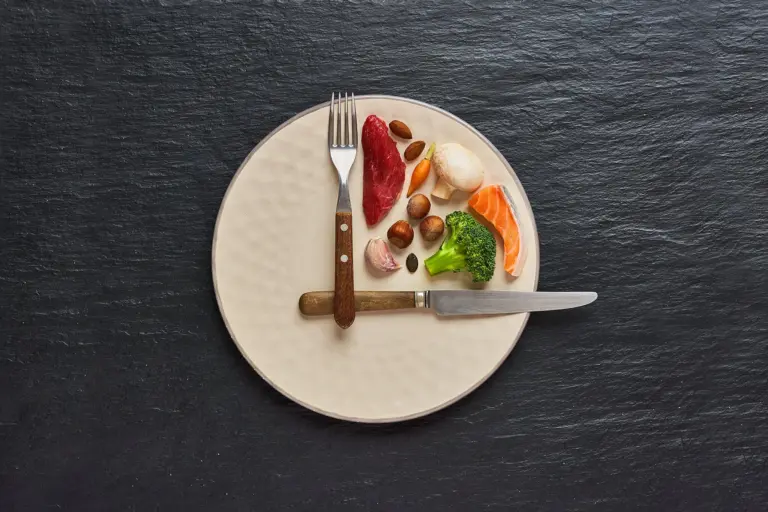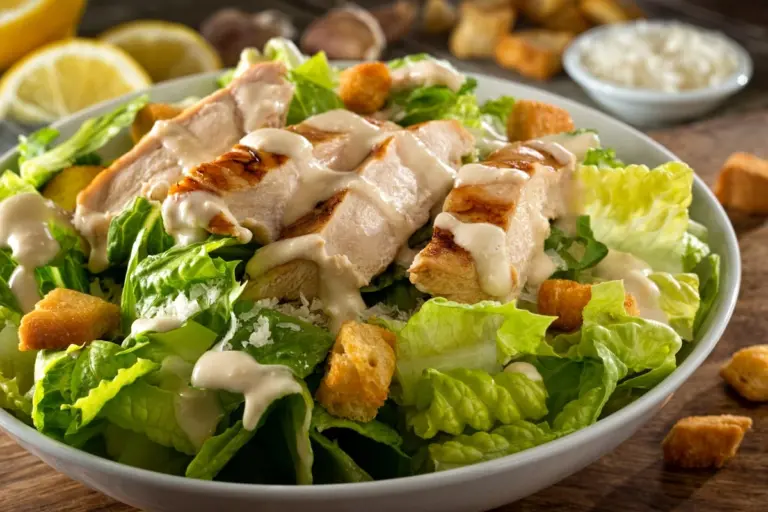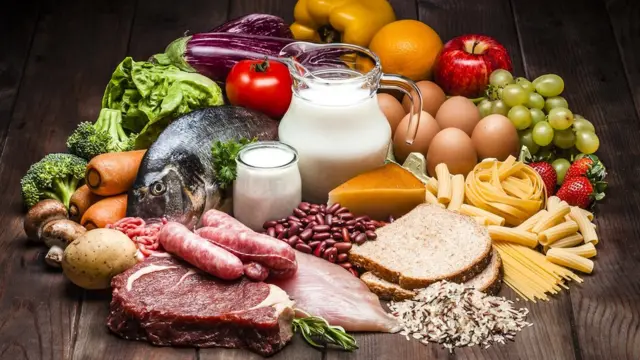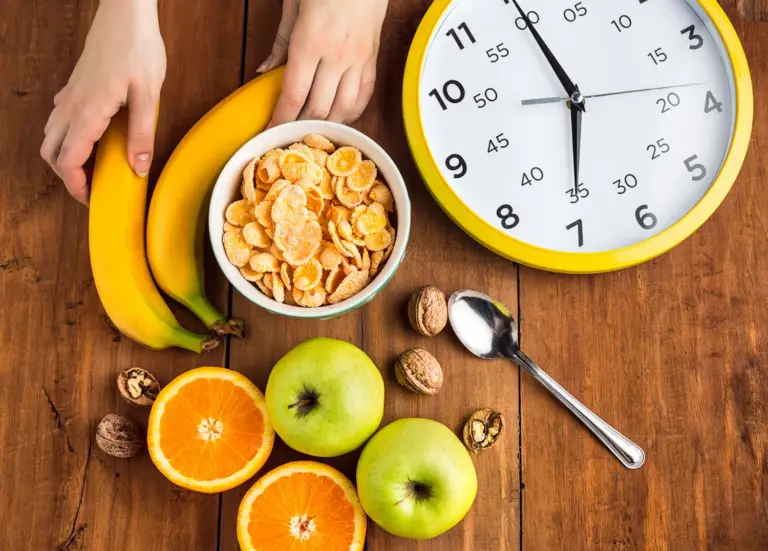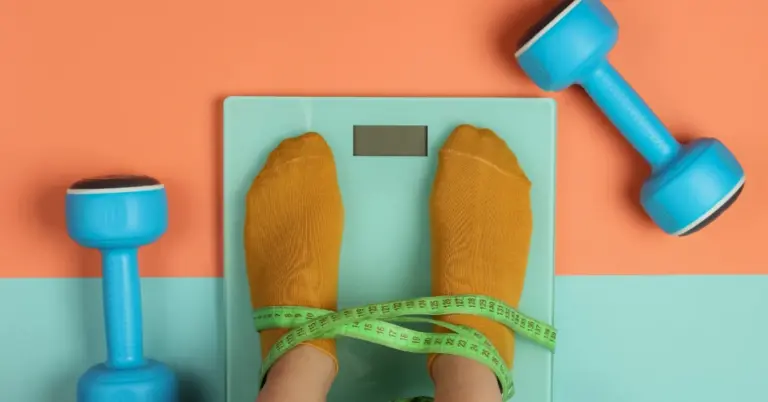If there's one thing I've learned in life, it's that eating well isn't about counting calories or following a boring diet full of impossible rules.
It's about finding a balance, enjoying food, and giving your body everything it needs to function at its best.
But don't worry, this isn't some fitness guru or nutritionist talk. Here, I'm going to tell you everything in a simple, straightforward way, as if we were having a nice chat.
The Basis of Everything: Real Food
If you want to have a really healthy eating, start with a basic principle: eat real food! No ultra-processed industrial foods with weird names on the label. If your grandmother wouldn't recognize that ingredient, it's better not to bring it home.
We're talking about fruits, vegetables, greens, whole grains, lean meats, eggs, natural dairy products and good fats. Yes, fat is important and I'll tell you why!
Fat is not the villain, relax
For a long time we heard that fat was the enemy. But the truth is that there are good fats and bad fats. The secret is knowing how to choose.
Olive oil, avocado, nuts, seeds, fish like salmon and sardines… These guys are the real heroes of the story. They help with brain health, keep your skin looking beautiful and boost your heart health. Now, if we’re talking about refined oils, margarines and trans fats, then we have a problem.
Proteins: The Building Block of Life
If you want a strong, functional body, you need protein. It doesn't matter if you're an athlete or someone who just wants to have energy for your day-to-day life. And no, protein doesn't only come from meat!
Eggs, fish, chicken, beans, lentils, chickpeas, tofu, cottage cheese… the list is long. The important thing is to vary the sources to ensure a complete supply of amino acids.
Carbohydrates: The Right Fuel
Now, one of the most controversial topics: carbohydrates! I've seen a lot of people demonizing them, but the truth is that they are essential. The secret? Choosing the right ones.
Forget white bread, refined rice and crackers. Opt for brown rice, sweet potatoes, oats, quinoa and fruits. These keep your energy levels stable and prevent those hunger and tiredness peaks in the middle of the day.
Fiber: The Secret to a Happy Belly
Want your digestion to work like clockwork? Go for fiber! It regulates your intestines, helps control cholesterol and also prolongs satiety.
Fruits with skin, vegetables, chia and flax seeds, oats and legumes are your allies on this journey.
Hydration: The Missing Link
There’s no point in eating well if you forget to drink water. Seriously, your body needs hydration for absolutely everything: digestion, nutrient absorption, circulation, brain function… the list goes on.
Goal of the day? At least two liters of water. And no, soda and juice from a carton don't count!
How to Turn All This into a Habit?
Now that you know what to eat, the question is: how can you put all this into practice without freaking out? Here are some tips:
- Plan your meals: If you wait until the moment to decide, there's a good chance you'll opt for the easy (and not so healthy) option.
- Eat real food, but without worrying: It's not a piece of cake that will ruin your health. The problem is what you do 90% of the time, not the other 10%.
- Try new ingredients: Who said healthy food has to be boring? Try new combinations, seasonings, and preparation methods.
- Chew slowly: Eating slowly helps with digestion and satiety. Plus, you actually enjoy your food.
Weight Loss: The Ultimate Guide to Really Losing Weight (Without Suffering!)
news
Eating well is about balance and awareness
Ultimately, eating well is about balance and awareness.
It's not about going on a crazy diet, it's not about cutting out everything you love. It's about learning to make better choices most of the time.
